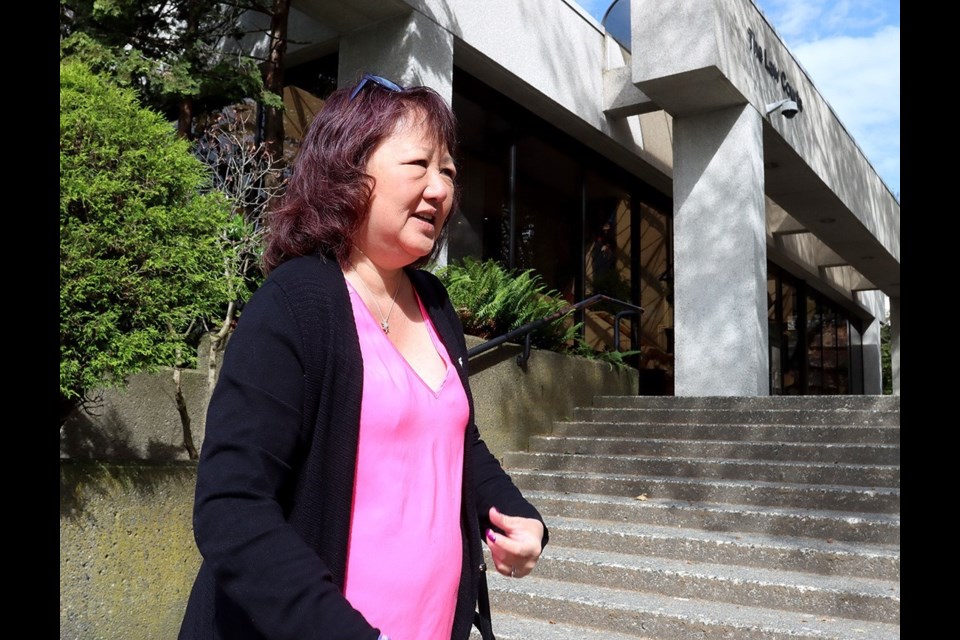A digital forensic expert with the Vancouver Police Department returned to the witness stand at the start of the second week of the Amanda Todd trial.
This morning (June 13), Det. Const. Robin Shook continued to give testimony about technology, specifically about screen capture video stills, as well as IP addresses and the Tor browser, a proxy network used to mask the user’s true identity and location.
Shook spoke about a secondary service called HMA! Pro VPN (Hide My Ass! Pro Virtual Private Network) that was described to the jury as part of the Crown’s case.
In reviewing the evidence, Shook also highlighted five users’ names on Skype that he said were linked to one computer. And he spoke about the use of web browsers to get to the dark web, and websites accessed for video chat rooms.
In cross-examination, the lead defence counsel, Joe Saulnier, asked Shook to explain an email — which Shook had not previously seen — sent from Amanda Todd’s mother, Carol, to a police officer six days after her daughter died in 2012.
The email, from Oct. 16, 2012, contained an online message from someone named Kody Maxson who allegedly wrote to Carol Todd stating he was “insulted and utterly disgusted” to be connected to Amanda’s death.
Maxson wrote that he was helping Amanda, a 15-year-old girl from Port Coquitlam, take control of some of her social media accounts like YouTube, and he had the passwords for those accounts.
In his email to Carol Todd, Maxson also referenced Anonymous, the online social justice group.
Dutch witnesses are expected to testify this afternoon and Tuesday.
Aydin Coban, a native of The Netherlands, is on trial for five counts. He has pleaded not guilty to:
- extortion
- importing and distributing child pornography
- possession of child pornography
- communicating with the intent to lure a child
- criminal harassment
None of the allegations is proven in court.
The seven-week trial continues.





